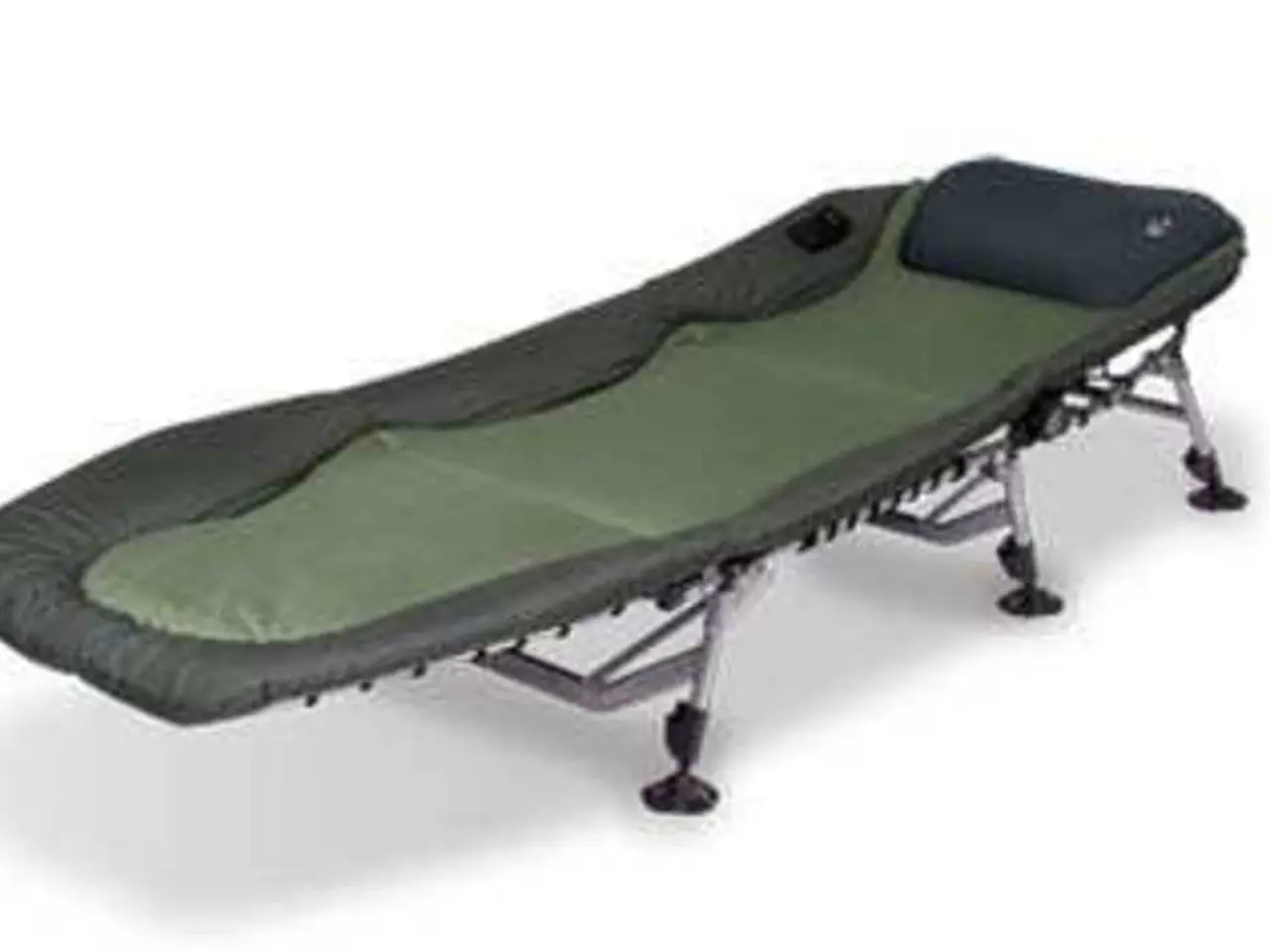Experiencing Heaviness in Your Legs? Discover Methods to Ease the Burden and Achieve Authentic Relief
The sensation of heavy legs can be a discomforting experience, often accompanied by swelling, fatigue, or cramping. This feeling can stem from various causes, as outlined below.
**Causes of Heavy Legs**
Poor circulation, chronic venous insufficiency (CVI), muscle fatigue or overexertion, nerve conditions, nutrient deficiencies, fluid retention, varicose veins, and other health conditions can all lead to the feeling of heavy legs.
Poor circulation can cause blood to pool in the legs, leading to swelling and heaviness. CVI affects the veins' ability to return blood to the heart, resulting in similar symptoms. Muscle fatigue, often experienced after intense exercise or prolonged standing, can also cause heavy legs. Nerve conditions, such as neuropathy or sciatica, can cause numbness, tingling, and heaviness. Nutrient deficiencies, particularly in iron, magnesium, or vitamin B12, can lead to muscle weakness and heaviness. Fluid retention, caused by conditions like lymphedema, heart disease, or kidney issues, can also contribute to the feeling of heavy legs. Varicose veins, visible, twisted veins, can cause pain, swelling, and a feeling of heaviness due to blood pooling.
**Home Remedies**
Several simple, do-anywhere tips can provide quick relief from heavy legs. Elevating your legs above the level of your heart can help reduce swelling. Massaging your legs can improve circulation and break up fluid buildup. Heat and cold therapy, through the use of heat or cold packs, can help reduce pain and inflammation. Compression stockings can help improve circulation and reduce swelling. Ensuring adequate hydration can prevent dehydration-related heavy legs. Regular light exercise, such as walking, can improve circulation and reduce muscle fatigue. Dietary changes to include foods rich in necessary nutrients like iron, magnesium, and vitamin B12 can support muscle health.
**Medical Treatments**
For more severe cases, medical treatments may be necessary. Compression therapy, through the use of compression stockings or sleeves, is often prescribed to improve blood flow and reduce swelling. Medications may be prescribed for conditions like CVI or varicose veins to manage symptoms. Physical therapy, including exercises and stretches designed to improve circulation and muscle strength, can also be beneficial. Interventional procedures, such as sclerotherapy or vein ablation, may be necessary for varicose veins. If deficiencies are identified, nutritional supplements may be recommended to improve muscle function.
In addition to these treatments, alternative methods such as acupuncture, herbal supplements like horse chestnut, and the use of a foam roller or tennis ball to massage tight leg muscles can also help manage pain. Short walking breaks throughout the day can help manage heavy leg feelings, as can alternating hot and cold packs for persistent leg ache. It is essential to consult a doctor before starting any new treatment or supplement regimen.
Factors such as lack of movement, excess weight or pregnancy, and other health conditions can also contribute to the heavy feeling in your legs. If the feeling of heavy legs occurs frequently, it is advisable to consult a healthcare professional to rule out any underlying health issues.
- Incorporating a health-and-wellness routine that includes fitness-and-exercise, mental-health management, skin-care, and nutrition can aid in alleviating the feeling of heavy legs, particularly when paired with adequate hydration and regular light exercise.
- Besides home remedies, lifestyle adjustments such as adopting a how-to guide for good skin care, consuming a balanced diet rich in essential nutrients, and maintaining a stress-free work environment may also help reduce the occurrence of heavy legs.
- As part of a comprehensive health-and-wellness approach, science has shown that evidence-based workplace-wellness programs can significantly improve overall health and lower the risk of developing conditions like those causing heavy legs.
- In cases where heavy legs are caused by health conditions like chronic venous insufficiency or varicose veins, news articles offering insights into the latest research and treatments can provide valuable information for individuals seeking solutions.
- Lastly, it's important to stay informed about current mental-health research findings, as mental health plays a crucial role in overall well-being and can impact various aspects of lifestyle, including the sensation of heavy legs.




